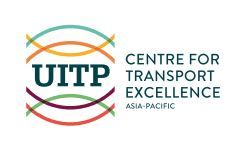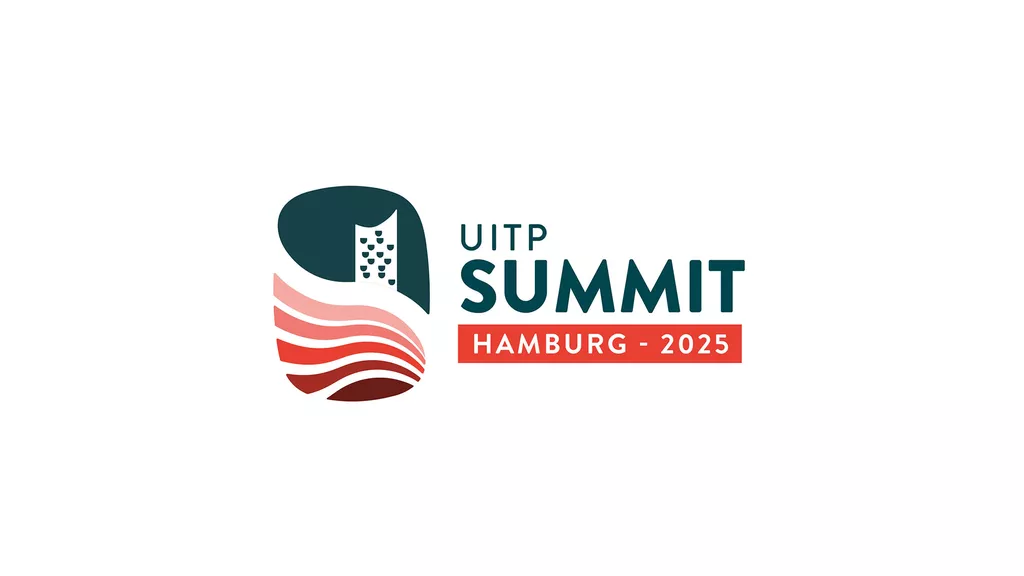

Blog: Cooperation on Data in Public Transport – From Intention to Action
Data in public transport is a complex subject.
They are several reasons for this. First of all, the use of data has evolved. Whereas until recently, the data was mainly used to provide travellers with information, the number of current and future objectives has now significantly increased. As a result, the number of stakeholders as well as their diversity have increased. In addition, the public transport markets are unequal. Sometimes, tenders result in fights over small margins. In other occasions, the service is provided by a government organisation that makes management agreements. It is not uncommon for there to be a hybrid situation or for these markets to be interlinked and thus have an impact on each other. In short, the stakes are high, as are the interests of the stakeholders. Finally, data is a diffuse concept. Let’s analyse the situation.
For starters, there is not always an unambiguous understanding of what data is, or what the difference is between data and information. To put it simply, computers need data, people need information. How raw this data may or should be is often the subject of debate. In addition, the data must be clearly defined. A lack of such a definition will lead to misunderstandings. A good example is the question of how a train station is defined. Is this the building or is it the platform? And is there a distinction between an ‘A’ and ‘B’ side? This is relevant to the provision of transfer information. In the first case, this information cannot be provided. Only when understanding and interpretation are on equal footing will data be of added value.
If the public transport market had been unambiguous, data sharing would have been a lot easier. However, this is not the case. Public transport companies that are subject to strict market discipline have a different appreciation of data than companies that operate in a protected market. This results in a different dynamic. In the case of hybrid markets, this problem only increases. For me, it is not about one market form being preferred to another market form. However, the problem must be recognised and solved in order to achieve good availability and proper use.
Availability and use of data have evolved enormously. A large part thereof still originates from the public transport sector itself, such as:
- Network description: routes, lines, scheduled stop points, etc
- Timing information and vehicle scheduling
- Timetable information (static and real-time)
- Travel behaviour data
- Operations monitoring and control
- Fare management
- Management information and statistics (including service performance indicators)
- Staff management
- Structural assets data (elevators, escalators, etc)
- Personal data (names, addresses, credit-card information, phone numbers, e-mail, etc)
- Logs of safety and security incidents
- Logs of complaints
- Accessibility
- Customer satisfaction
But in the meantime, relevant data from other sectors is also being used, such as:
- Meteorological data
- Security data (intelligence, crime logs, etc)
- Car traffic data
- Travel behaviour data from other mobility providers (bike-sharing, car-sharing, etc)
- Mobile phone data
- Wi-Fi data
- Parking data
Data is therefore not only provided by public transport companies, but also by public and private companies. And this also applies to the use thereof. As I already pointed out, data is no longer just about providing travel information. The use of data shows many new services and applications. Smart City and Mobility as a Service are probably the best known, besides travel information. Others are operational efficiency and improved maintenance planning, security and safety, and the development of performance indicators. All providers and users of data are interdependent and depend on the quality of the data, the uniformity of the data in different markets that influence each other.
Agreements must be made that promote the availability and use of data and cover all the above points and concerns. Ideally, these agreements would apply universally, but that may still be a bridge too far at the moment. They must cover standards and formats, and recognise that data sharing policy and regulations can differ, as well as the organisation of the public transport markets. In addition, they must ensure privacy, prevent cyber-crime and arrange for the management of costs. However, there must also be answers to questions such aswho owns the data and who is responsible for its accuracy.
In other words, data must be properly governed. Governments, public transport companies, clients, travellers, private parties and other stakeholders have a part to play in this governance. Since they all have a different role, position, impact and interests, this is no easy task. Therefore, the initiative must be taken by a party that can look beyond the boundaries of its own interests. That will not be easy. Local and regional conditions should determine which party this would be. In many cases this will be a government organisation. Subsequently, the management of the agreements must be placed in the hands of a trusted party without an interest of its own. This party will also supervise compliance with the agreements by all parties and thus the availability of the data and the quality thereof. This management organisation should preferably be set up jointly by the pioneer stakeholders in facilitating the availability of data in a given locality.
exclusive resources












